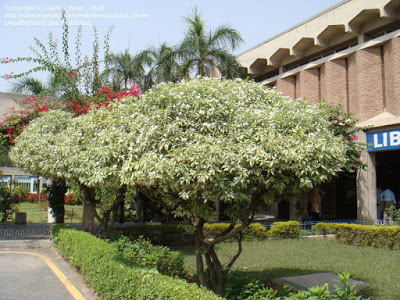
Breaking News
 Christmas Truce of 1914, World War I - For Sharing, For Peace
Christmas Truce of 1914, World War I - For Sharing, For Peace
 The Roots of Collectivist Thinking
The Roots of Collectivist Thinking
 What Would Happen if a Major Bank Collapsed Tomorrow?
What Would Happen if a Major Bank Collapsed Tomorrow?
Top Tech News
 Travel gadget promises to dry and iron your clothes – totally hands-free
Travel gadget promises to dry and iron your clothes – totally hands-free
 Perfect Aircrete, Kitchen Ingredients.
Perfect Aircrete, Kitchen Ingredients.
 Futuristic pixel-raising display lets you feel what's onscreen
Futuristic pixel-raising display lets you feel what's onscreen
 Cutting-Edge Facility Generates Pure Water and Hydrogen Fuel from Seawater for Mere Pennies
Cutting-Edge Facility Generates Pure Water and Hydrogen Fuel from Seawater for Mere Pennies
 This tiny dev board is packed with features for ambitious makers
This tiny dev board is packed with features for ambitious makers
 Scientists Discover Gel to Regrow Tooth Enamel
Scientists Discover Gel to Regrow Tooth Enamel
 Vitamin C and Dandelion Root Killing Cancer Cells -- as Former CDC Director Calls for COVID-19...
Vitamin C and Dandelion Root Killing Cancer Cells -- as Former CDC Director Calls for COVID-19...
 Galactic Brain: US firm plans space-based data centers, power grid to challenge China
Galactic Brain: US firm plans space-based data centers, power grid to challenge China
 A microbial cleanup for glyphosate just earned a patent. Here's why that matters
A microbial cleanup for glyphosate just earned a patent. Here's why that matters
 Japan Breaks Internet Speed Record with 5 Million Times Faster Data Transfer
Japan Breaks Internet Speed Record with 5 Million Times Faster Data Transfer
A Natural Pain Killer More Effective Than Morphine

At The Scripps Research Institute in Florida, researchers have undertaken a study of Tabernaemontana divaricata, also known as crepe jasmine, a tropical flowering plant that has long been used in traditional medicine in China, India and Thailand. Natural practitioners in these countries prescribe various parts of the plant (from flowers to leaves, roots and bark) to heal wounds, fight toothaches and treat skin diseases, fever and pain. When it comes to pain, it turns out that one of the most promising elements in crepe jasmine is conolidine, an extremely rare constituent of the stem bark of Malayan T. divaricata.

 The State's Last Stand
The State's Last Stand


